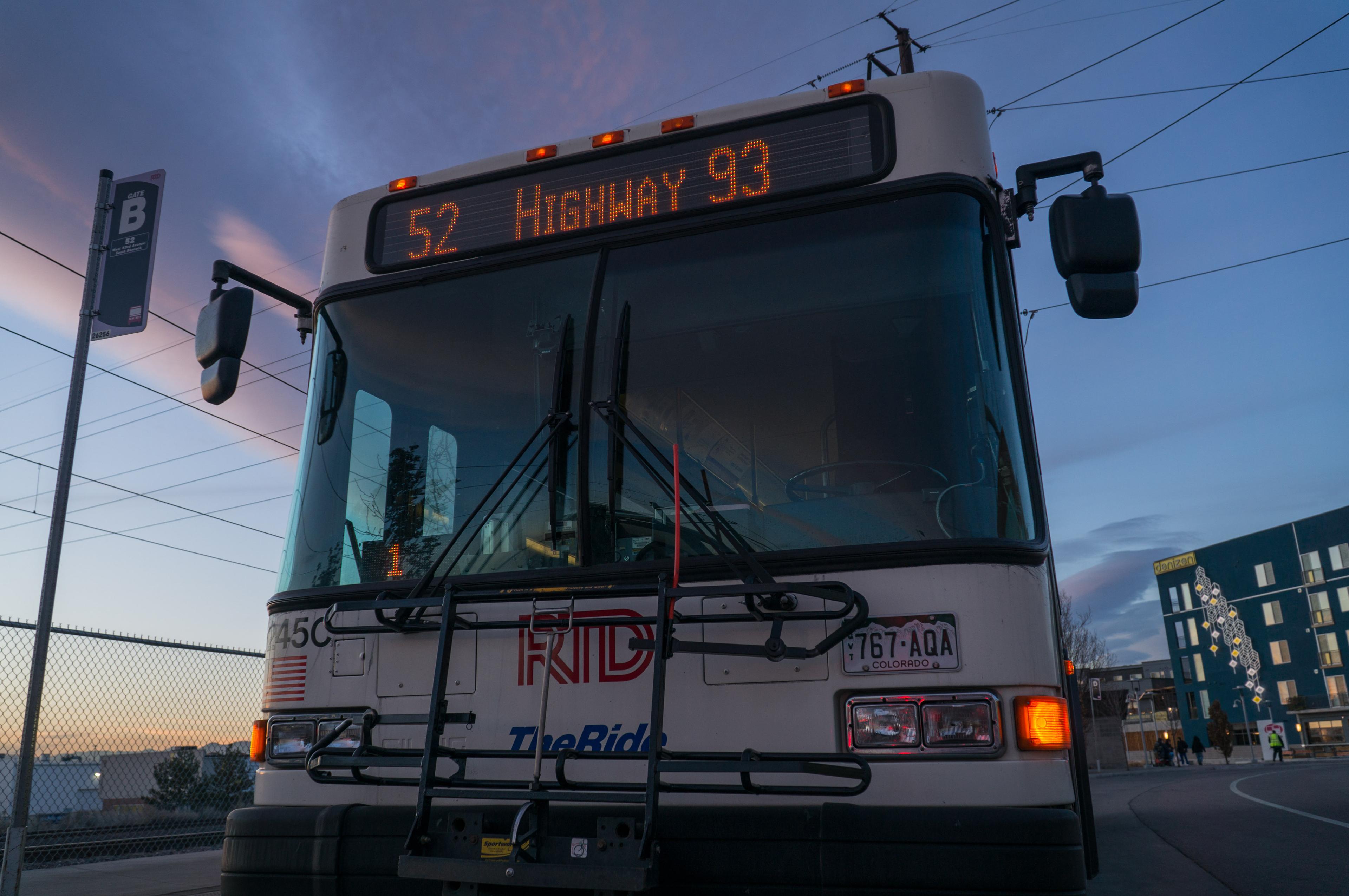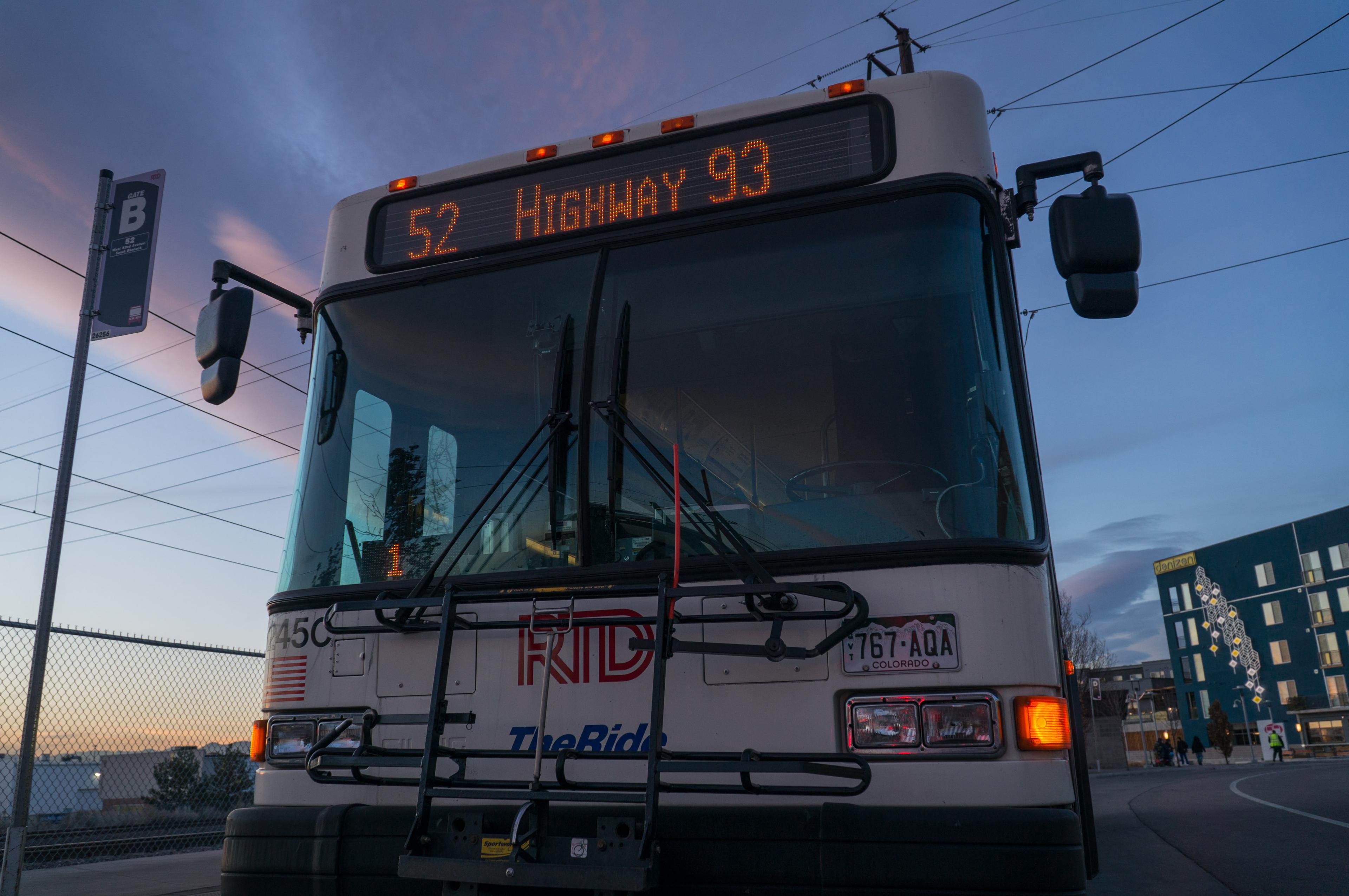

The Colorado Supreme Court on Monday upheld the constitutionality of a state law that added sales taxes to some items to benefit public transportation and cultural groups in metropolitan Denver without voter approval.
The ruling by the state's highest court rejected a lawsuit from the TABOR Foundation, a taxpayer advocacy group that alleged the Regional Transportation District and a cultural district were violating Colorado's Taxpayer's Bill of Rights, or TABOR, which requires voter approval for any tax hike.
The lawsuit stemmed from a 2013 measure passed by lawmakers allowing the districts to collect taxes on items previously exempt from local sales taxes, such as candy, soft drinks, cigarettes and food containers.
The court ruled that the new taxes represented such a minor change to tax policy that they did not require voter approval.
"Although TABOR restrains government, reasonableness tempers TABOR's grip," Justice William Hood wrote in the opinion.
The taxes were expected to generate $2.7 million annually for the Regional Transportation District, which is the largest public transit district in the state, and $250,000 for the Scientific and Cultural Facilities District, an umbrella group for dozens of nonprofits. That's less than 1 percent of their annual budgets.
In its court filings, the TABOR Foundation disagreed that millions of dollars' worth of new tax collections amounted to a minor change. Under the Colorado Constitution, any "tax policy change directly causing a net tax revenue gain" requires voter approval.
"As both districts expected to realize a net tax revenue gain from taxing the items at issue, TABOR required that the districts secure voter approval in advance," the foundation's attorneys wrote in one legal filing. "By failing to do so, both districts violated TABOR."
The ruling upheld the decisions of two lower courts.








